Language, Epistemology, Metaphysics, and Mind Research Interest Group Talk (Trenton Merricks, Virginia)

Trenton Merricks is Commonwealth Professor of Philosophy at the University of Virginia. He specializes in metaphysics.

Trenton Merricks is Commonwealth Professor of Philosophy at the University of Virginia. He specializes in metaphysics.
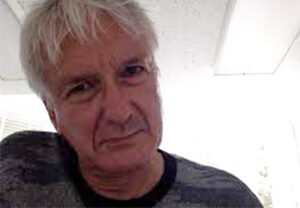
John Campbell, the Willis S. and Marion Slusser Professor of Philosophy at the University of California, Berkeley, has main research interests in the theory of meaning, metaphysics, and the philosophy of psychology. He is currently working on the question of whether consciousness, and in particular sensory awareness, plays any key role in our knowledge of our surroundings.
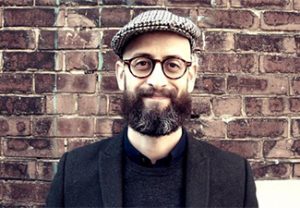
G. Anthony Bruno is an assistant professor at Royal Holloway University of London whose research focuses on metaphysics and epistemology in early modern, Kantian, and post-Kantian philosophy.
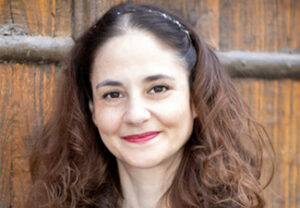
Jenann Ismael is the inaugural William H. Miller III Professor of Philosophy at Johns Hopkins University. She specializes in philosophy of physics, metaphysics, philosophy of science, and the philosophy of mind.
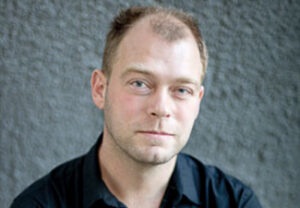
Matti Eklund has been Chair Professor of Theoretical Philosophy at Uppsala University in Sweden since 2013. His work concentrates primarily on metaphysics, philosophy of language, and philosophy of logic.
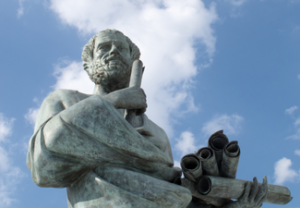
This online workshop on Aristotle’s Metaphysics brings together a group of experts in the field: Lindsay Judson, Mary Louise Gill, Lloyd Gerson, Michail Peramatzis, Christof Rapp, Samuel Meister, and Christian Pfeiffer.

Join Aaron Segal (Hebrew University), Daniel Nolan (Notre Dame), Catharine Diehl (Lucerne), Paul Franks (Yale), and Nick Stang (Toronto) for a series of workshops on systematic metaphysics.
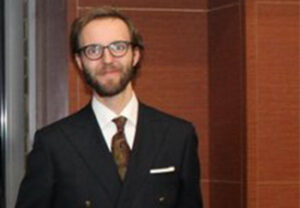
Join us for a practice placement job talk by Kamil Majcherek titled “John Buridan on the Metaphysical Status of Artifacts.”
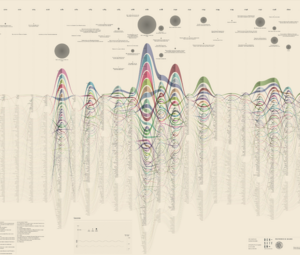
Aaron Segal (Hebrew University) and Nick Stang (University of Toronto) will teach a pair of seminars on the topic of systematicity. Aaron Segal’s seminar will focus on recent work he has published on systematicity in metaphysics. The following seminar taught by Nick Stang will focus on systematicity in Kant. If … Read More
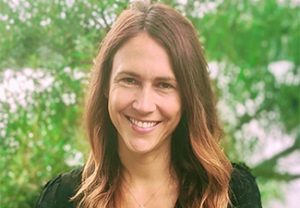
Allison Aitken, currently a Bersoff Faculty Fellow in the Department of Philosophy at New York University, works on non-standard theories of relations and dependence structures in the history of metaphysics, both South Asian and Early Modern European.
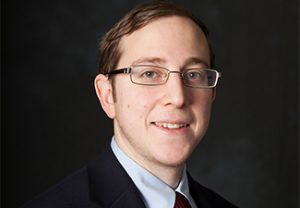
Aaron Segal, of the Hebrew University of Jerusalem, works on metaphysics and the philosophy of religion.
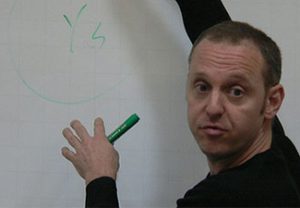
Ted Sider, Distinguished Professor and Andrew W. Mellon Chair in the Department of Philosophy at Rutgers University, specializes in metaphysics (time, identity, mereology, modality, supervenience, fundamentality).